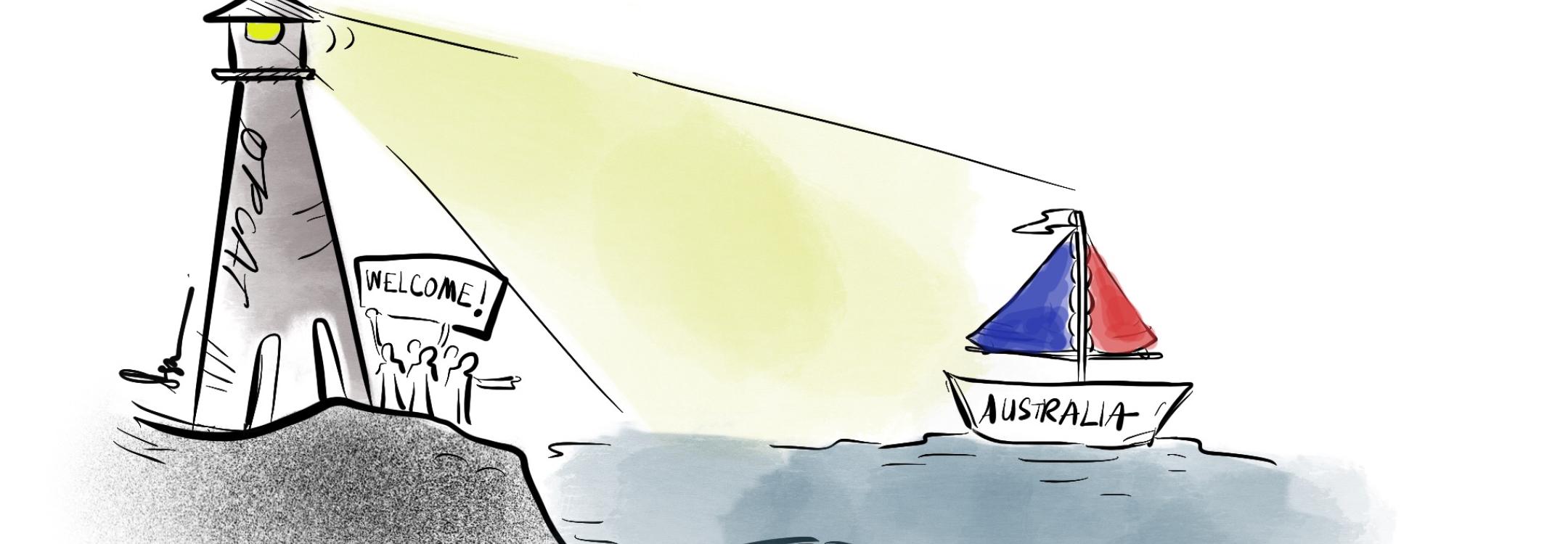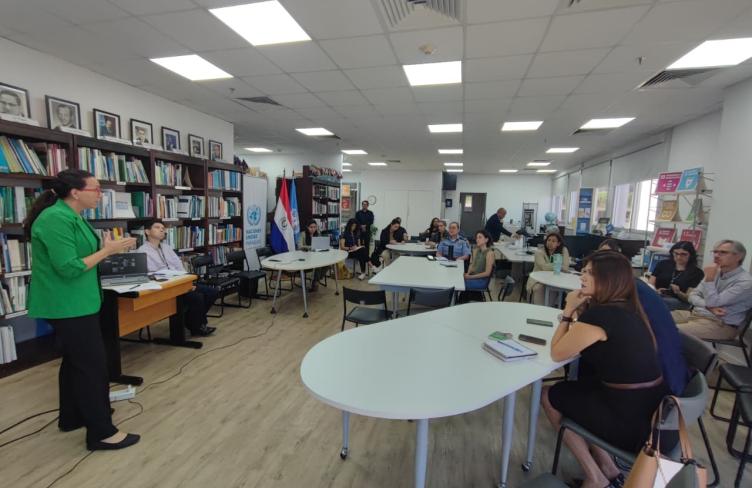
Eight years after signing the torture prevention treaty, Australia becomes the 86th State Party to the Optional Protocol to the Convention against Torture (OPCAT) and commits to regular and independent monitoring of its places of detention.
"This is a massive step forward to better protect the dignity of all persons deprived of their liberty in Australia," said APT's Secretary General, Mark Thomson. "It also significantly strengthens Australia’s commitments to justice and finding solutions to protect all citizens, especially the most vulnerable."
In February 2017, Australia announced its intention to ratify the OPCAT before the end of the year. On 15 December 2017, it upheld its promise and joined the torture prevention treaty. Between February and December, taking into account the complexity of implementation in a federal State, the Australian Human Rights Commission carried out consultations with civil society organisations and monitoring mechanisms in different states and territories. As a result, 48 organisations, academics and monitoring bodies provided their views on different aspects related to OPCAT implementation in Australia, amongst which APT’s. Roundtables were also organised in different cities around Australia. The Australian HRC is expected to gather these inputs and feed them back to the Australian government as a first basis for discussion.
Australia will have to establish one or several National Preventive Mechanisms (NPMs) to monitor every place of deprivation of liberty – such as prisons and police stations, psychiatric institutions, and migrant facilities, including offshore detention centres – and issue recommendations to the government.
Many implementation details still need to be determined at this stage of the process. In the meantime, the Australian government has already announced that the Commonwealth Ombudsman would play a coordinating role within the “NPM network,” and that each state and territory would designate their most appropriate torture prevention mechanism(s). Which means that, in some cases, the mandate of existing institutions would have to be adapted or broadened while, in others, new institutions would have to be created. Australia’s federal system will make implementing a comprehensive national oversight system challenging but not insurmountable. A recent report published the Victorian Ombudsman demonstrates that this is feasible, even for existing institutions, provided that sufficient funding is granted.
Early December 2017, the APT took part in an expert symposium on the OPCAT organised by the RMIT University in Melbourne, during which some of these implementation details were discussed in more details. The APT was able to share several insights from the practice, in particular how federal states such as Argentina or Brazil have implementing their obligations. Participants – mostly CSOs and representatives from monitoring bodies – insisted that the NPM should be established by law and be well-resourced.
With OPCAT ratification, Australia is taking a strong commitment towards upholding rights and dignity of all persons deprived of their liberty. Australia is thus expected to play a leadership role in the region as well as in the Commonwealth.


